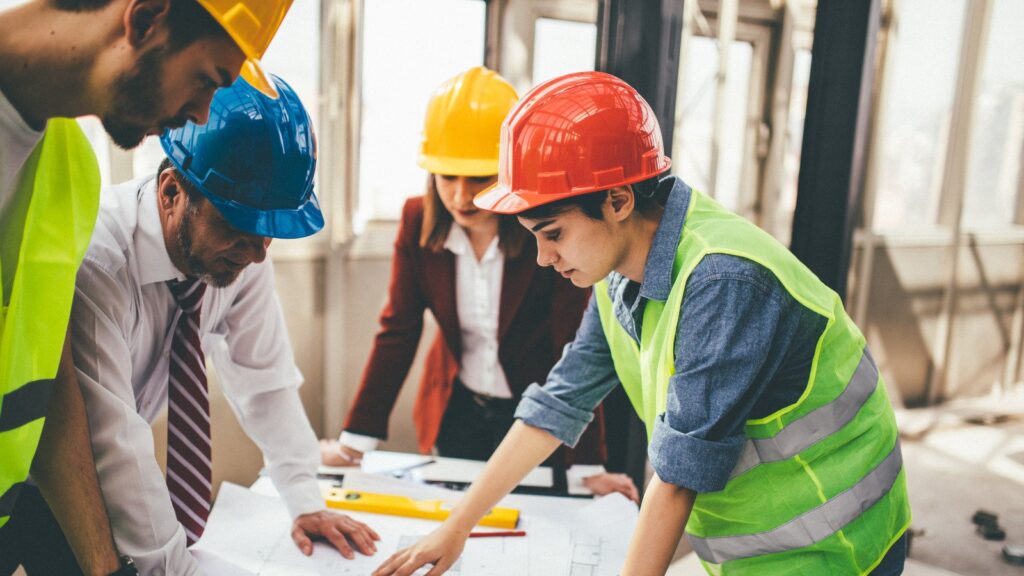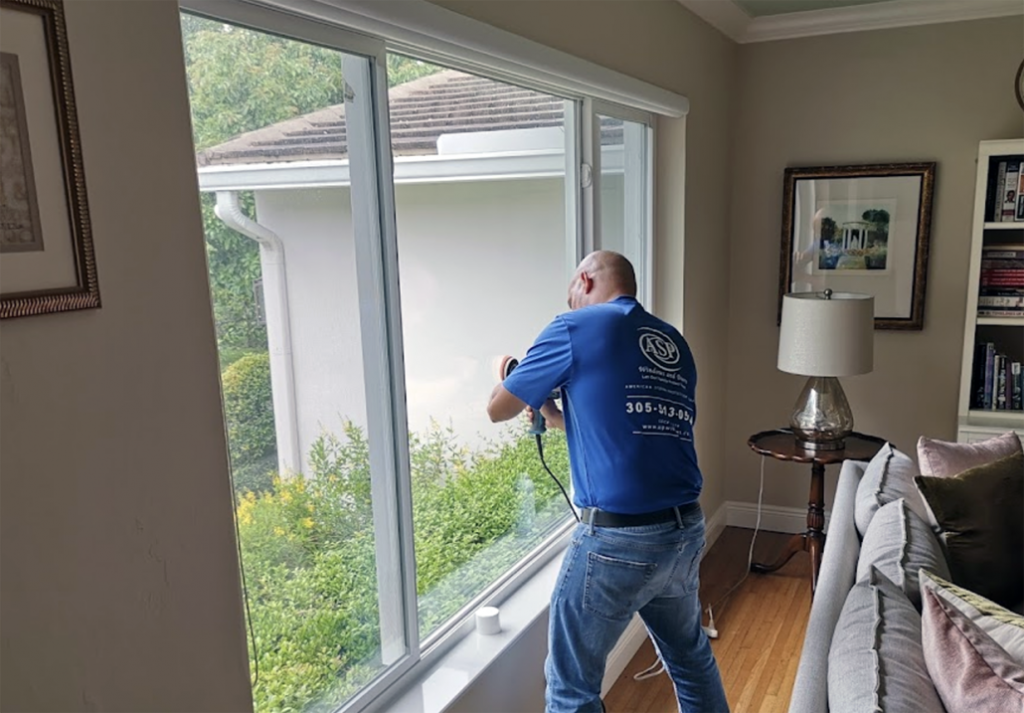In the dynamic landscape of the construction industry, the pursuit of excellence has led to the evolution of superior construction solutions that embody the ethos of building better and smarter. In an era where sustainability, efficiency, and innovation take center stage, construction practices are undergoing a paradigm shift. The integration of cutting-edge technologies, coupled with a heightened focus on environmental stewardship, has given rise to a new era of construction that prioritizes longevity, resilience, and resource optimization. One of the key pillars of superior construction solutions lies in the seamless integration of advanced technologies. Building Information Modeling BIM has emerged as a game-changer, fostering collaboration and coordination among various stakeholders throughout the construction lifecycle. The ability to visualize, simulate, and analyze a project in a virtual environment allows for proactive problem-solving and streamlines decision-making processes.

Robotics and automation further enhance efficiency on construction sites, reducing manual labor, minimizing errors, and accelerating project timelines. Drones equipped with advanced imaging technologies are employed for surveying, monitoring, and inspecting construction sites, providing real-time data that enhances project management and safety. In the pursuit of sustainability, superior construction solutions prioritize eco-friendly materials, energy-efficient designs, and environmentally conscious practices. Green building certifications, such as LEED Leadership in Energy and Environmental Design, have become benchmarks for construction projects aiming to minimize their environmental footprint. The use of recycled and locally sourced materials, coupled with energy-efficient HVAC systems and smart building technologies, contribute to the creation of structures that not only endure the test of time but also contribute to a more sustainable future. Additionally, the implementation of circular construction principles, which focus on minimizing waste and maximizing the reuse of materials, adds another layer of environmental responsibility to construction practices.
Resilience is another cornerstone of superior construction solutions. In the face of natural disasters and unforeseen challenges, buildings need to be robust and adaptable. The incorporation of resilient design principles ensures that structures can withstand the forces of nature, whether it be earthquakes, hurricanes, or floods. This includes the use of innovative materials, strategic structural engineering, and a holistic approach to risk management of portable toilets company. Beyond physical resilience, digital resilience is also a growing concern, with cybersecurity measures becoming integral to protect the interconnected systems and data that drive smart buildings. Ultimately, the paradigm of building better and smarter extends beyond the physical aspects of construction. It encompasses a holistic approach that considers the environmental, social, and economic impact of each project. As the construction industry continues to evolve, the pursuit of superior construction solutions will play a pivotal role in shaping a sustainable, resilient, and technologically advanced built environment for generations to come.





